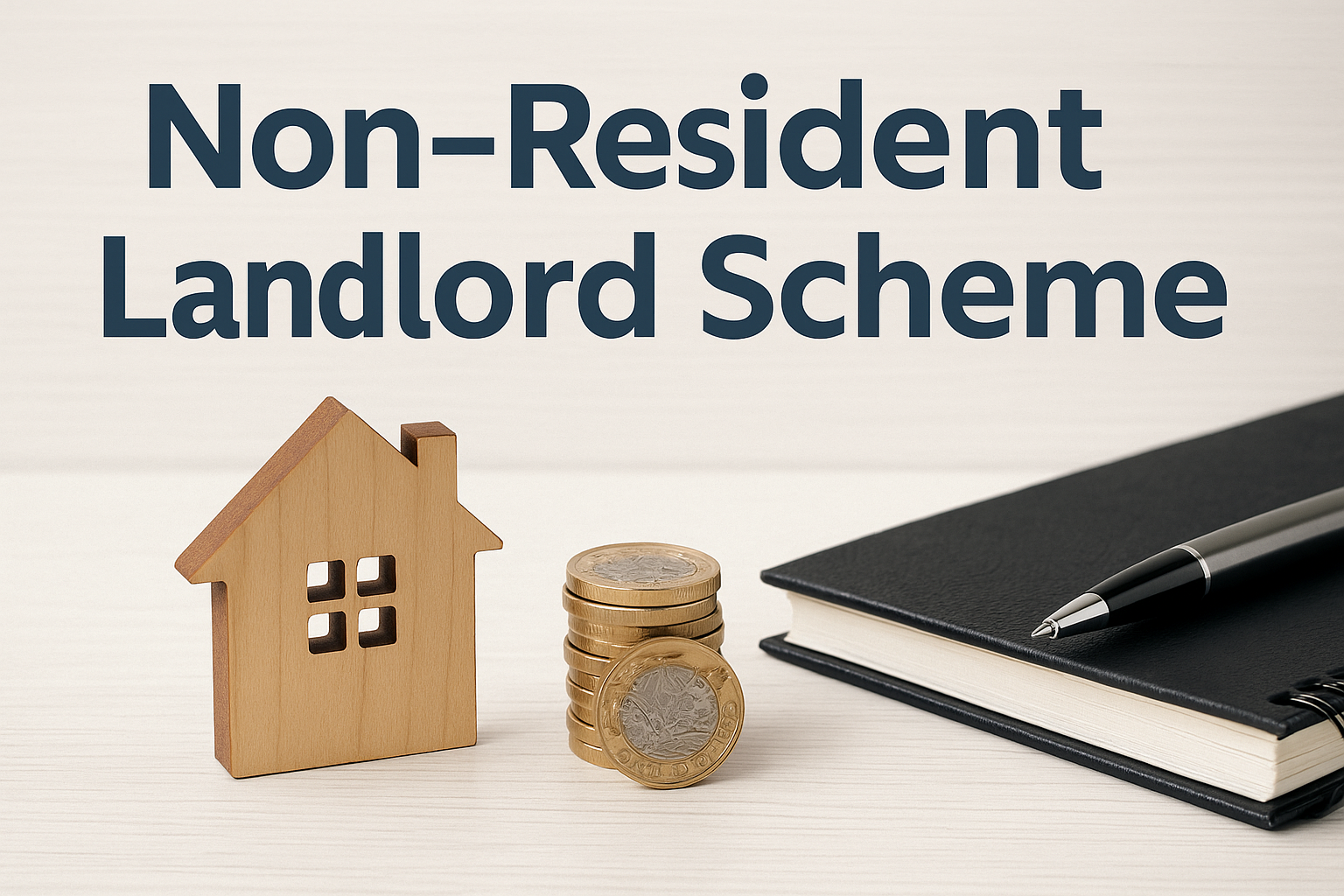Non-Resident Landlord Scheme: Essential Guide for UK Property Owners
Renting UK property from abroad can create extra tax steps. The Non-Resident Landlord Scheme (NRLS) ensures HMRC collects basic rate tax on your UK rental income at source—either via your letting agent or tenant—unless you’ve been approved to receive your rent gross.
- Who Qualifies?
If you live outside the UK for more than six months but let out a UK property, you’re a non-resident landlord. This applies to individuals, companies, trustees or partnerships. It’s based solely on where you ordinarily reside, not on your formal UK tax residency status.
- Tax Collection Process
Letting agents (or tenants, if no agent is used) must withhold 20% basic rate tax from your rent before payment. This withheld tax counts toward your final UK liability when you submit your Self Assessment return, ensuring you’re credited for what’s already paid.
- Applying for Gross Status
You can apply to HMRC to receive rent without deduction by submitting the appropriate NRL form. Approval depends on having your UK tax affairs fully up to date and a commitment to file any required returns. Once granted, your agent will pay you in full, simplifying your cashflow.
- Record-Keeping Requirements
Maintain detailed records of all rental income and allowable expenses—such as repairs, insurance, and agent fees—for at least four years. Even with gross status, you must file a Self Assessment to declare profits and claim deductions accurately.
- Penalties and Compliance
Operating outside the NRLS rules can incur penalties of up to 100% of the tax due for both you and your agent. Agents who pay gross without approval risk fines. Review your status annually and keep HMRC informed of any changes to avoid unexpected charges.
Conclusion
Understanding and correctly operating under the NRLS protects your rental income and keeps you compliant with UK tax law. Regularly review your status and records to ensure smooth, penalty-free management of your UK lettings.









